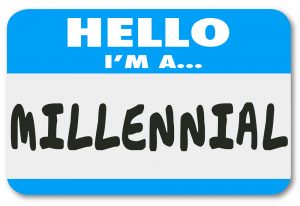In the grand scheme of everything that ever has and ever will exist, I am miniscule. For this reason, I never viewed myself as part of the greater system of humanity. It was always me, the people I am close to, and the rest of the world. However, this course has forced me to push back on that idea. If I am a part of a larger system than myself, then I must have a greater impact. I cannot decide which mindset is more unsettling.
To an extent, I understand how Scranton concluded that the fear of death inhibits our ability to fight climate change. However, I think how people view death is vastly different between generations, and Scranton’s argument is geared towards changing the mindset of Generation X.

In the millennial generation, the inevitability of death has been emphasized through popular culture for most of our lives. Perhaps the knowledge that everything we have will one day end is what compels millennials to believe so strongly in fighting climate change. On the other hand, what if we are unwilling to sacrifice our lifestyle because we are acutely aware of our demise. After all, every person who has ever lived still died, even without the threat of climate change. Since humans are, in my opinion, inherently selfish, the acknowledgment of death also creates the desire for more while you are still alive. In an increasingly polarized society, most notably within the US, I wonder which reaction to death will win as we move forward.
At the end of class on Tuesday, Professor Litfin said that the acknowledgment of death is life affirming, however it is possible that humans will chose to affirm their existence in selfish rather than altruistic manners. I hope for humanities sake that we choose the latter.
Photo: http://mouseandman.com/nostalgia-marketing-millennials-part/
